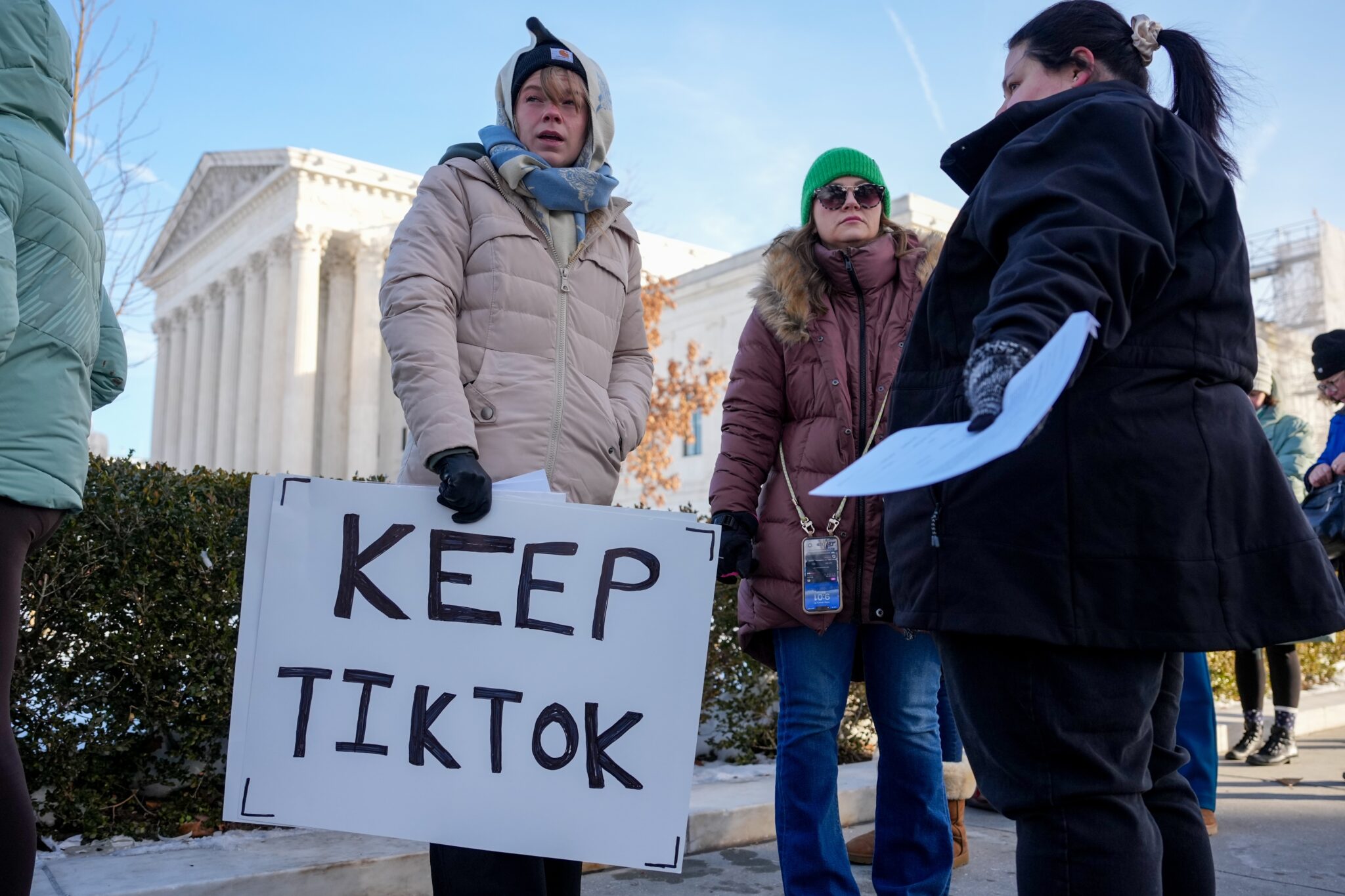Montana Gov. Greg Gianforte is pushing to remove the panel handling appeals of public assistance denials, impacting Medicaid and food aid. This change is intended to reduce government bureaucracy, leaving district court as the only alternative for those contesting state health department decisions.
The proposed legislation aims to dismantle the Board of Public Assistance, previously thwarted in 2023, under the “Red Tape Relief” initiative. The bill, backed by Montana lawmakers and state Sen. Jeremy Trebas, passed the Senate and now awaits House and gubernatorial approval.
The governor-appointed board also reviews cases where recipients allegedly received excessive aid, requiring repayment. Critics argue the board’s removal would limit access to an independent appeal body, while proponents see it as streamlining government processes. The state’s public assistance appeals first go through the Office of Administrative Hearings, with only 15 cases reaching the board last year.
During a recent hearing, health department officials highlighted the board’s minimal impact, as it generally aligns with their decisions. They noted eliminating it would save resources, allowing faster progression to district court. However, concerns persist that this move might restrict those unable to afford court costs from accessing public assistance programs.
Carolyn Pease-Lopez, a board member since 2017, contends that the board serves as a crucial intermediary, recalling a case where it mediated a financial dispute between a medical company and the state. Despite differing opinions, no opposition was voiced at a recent state hearing.
Former board member Sharon Bonogofsky acknowledges the redundancy in the board’s work but stresses the need for more resources to help beneficiaries understand their rights and obligations, preventing costly errors.
Montana’s public assistance system faces challenges, with stretched resources and long wait times affecting service delivery. Policymakers continue to debate the board’s fate amid ongoing discussions on improving access and efficiency.
—
Read More Montana News








